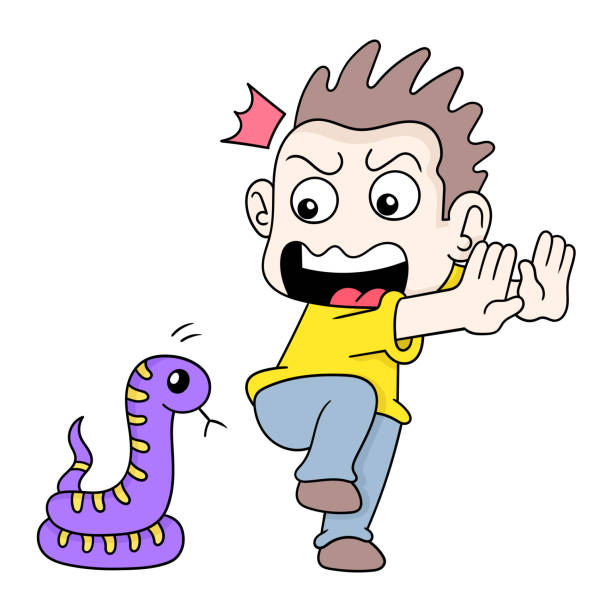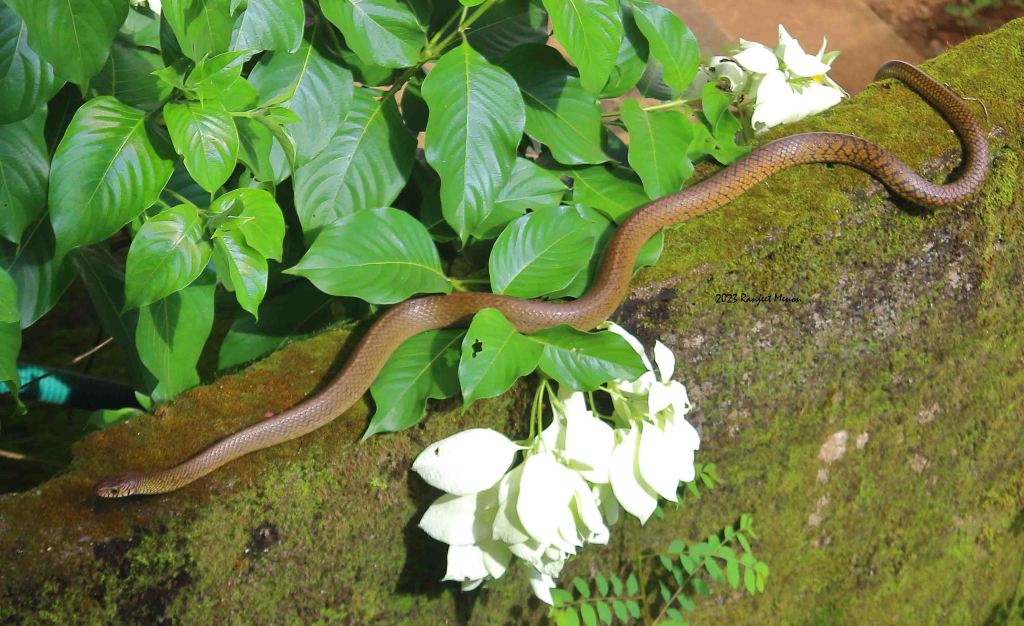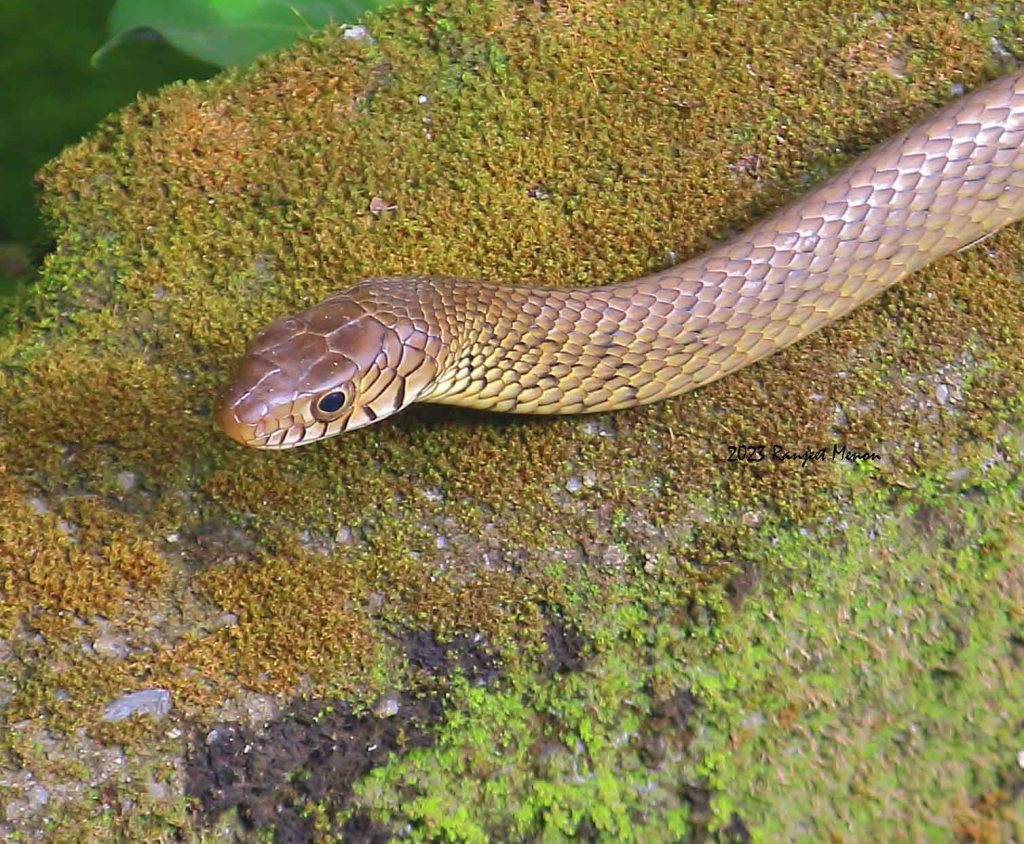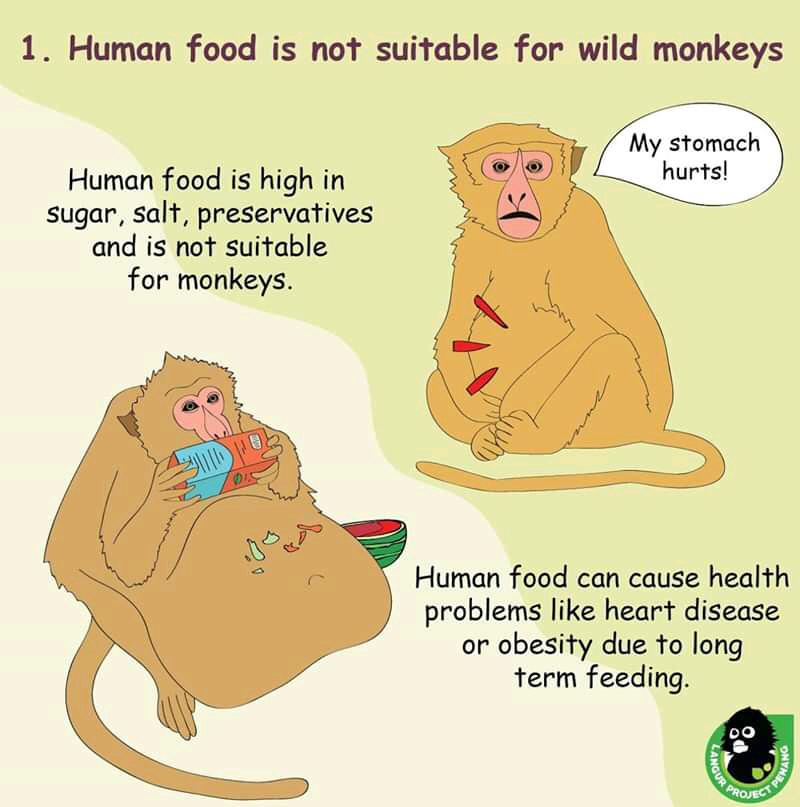Yesterday night, I was having a casual chat with an MBA schoolmate when the conversation veered off into uncharted waters. She said she has a strong feeling that the world is going through or is on the verge of going through a phase of spiritual awakening. I have been going through one from time to time in my life but it has been very pronounced in the last 4 years, from the time I left my job to pursue MBA and my granny passed away. I have been reading a lot about spiritual awakening and how it can save humanity from further moral descent, but no one had told this to me in person. Question is, is spiritual awakening happening?
Every year, my MBA Alma mater throws challenges to teams from business schools all over the world to devise innovative solutions in order to address humanity’s most pressing needs around the world. People are getting opportunities to work on some amazing projects through this initiative. When I was doing my MBA, the challenge given was to solve the problems with the One Laptop Per Child (OLPC) initiative and make it a reality. As I watched teams come up with business strategies, I realized one thing. The objective is to solve humanity’s problems only. It seemed to me that humanity is being treated as a separate entity from everything else on our planet. Access to clean drinking water for humanity was one of the challenges in a previous year. Isn’t it the right of all living beings on our planet to have access to clean drinking water? The way I see it, as our awareness about humanity is increasing, the lesser we are thinking of the factors and entities that are harboring and nurturing us on this planet. Do we consider ourselves as part of the ecosystem of our planet? I do not really think so. We have been living on the lofty assumption that being the dominant species on the planet gives us the privilege to do as we please.
From the time of Renaissance, we have been tirelessly working on improving ourselves technologically and technology has indeed revolutionized our lives. Out of this came the need for strategies and innovations to manage both technology and business. What we need to look at is, for all this time, we have been focused completely on ourselves, we have been consistently overlooking our planet, destroying nature’s resources and ridiculously taking for granted that nature can tolerate our assault on her forever. It is high time we started remembering that we are born from nature and we will go back into nature some day. It is also high time to make sure everything we do including our business and technological advances are aligned with nature. How? Consider two recent developments. In Spain, algae are being made to create crude oil by artificially speeding up the process of creation of fossil fuel which usually takes millions of years. This is true innovation. And where have they set up their factories? Near cement factories, which emit high levels of carbon dioxide, the most essential component for fossil fuel creation along with sunlight. This is a genuine strategy. This example proves that innovation and strategy creation is possible by aligning ourselves with nature. Another one, a car that runs on salt water. The objective of both these innovations is to use available resources on our planet and cause zero or minimum negative impact on nature. We need to differentiate clearly between maximum utilization and depletion of available resources. Lack of this awareness is why we have used up all of our fossil fuel. Apple’s HealthKit app is another example. Though it is made exclusively for us, it allows us to understand the functioning of our body better and for me, which is one step taken in getting closer to nature.
So what is true spiritual awakening? Knowing ourselves better is just the starting point. Every living being on our planet has a reason or purpose for its existence and its own contribution for maintaining the balance of our ecosystem. Consider the story of Hanuman, the monkey king with extraordinary strength and abilities in the mythological Indian saga The Ramayana. It is said that Hanuman is the reincarnation of Lord Shiva and was born to help Lord Rama, the reincarnation of Lord Vishnu to defeat and annihilate the evil demons on earth. Hanuman is worshiped for many reasons, for being blessed to have an eternal life on earth, for his mighty strength, his wisdom and his unwavering devotion towards his master which is being attributed to his perpetual bachelorhood. What we have sadly ignored is, it is said that he knew his purpose in life from a very early age. That may have been the single reason why he could stay a bachelor because knowing the single most important purpose of his life took precedence over everything else that came and went from his life. Maybe that was the reason why it is said he was given eternal life and made the guardian of our planet, because of his unwavering focus towards the task entrusted to him. I have been taking photographs of birds, butterflies and beetles around my home for a while now. I was thinking that these birds, butterflies and beetles will still be around in 5, 10 or 50 years from now. But are they going to be the same birds, butterflies and beetles that I am seeing today? Definitely not. They will all die and get replaced by similar ones. But from nature’s perspective, each organism has its own reason for its existence. When nature identifies each living being uniquely, why do we identify only fellow human beings uniquely? We mourn so deeply when one of our own dies, but do we realize that nature is mourning when we are mercilessly and rampantly destroying everything in nature for our needs? Is it enough to cut one tree and replace it by planting another tree? Maybe yes for us, but it has to be a definite no for nature. The tree that was cut had an objective for its existence and we cannot replace it by planting another tree. Can we kill a human child and give another child as replacement to the killed child’s mother? This attitude of taking everything for granted has strained our relationship with nature and everything in it, including our own fellow beings.
For a long time, we have been procreating, like the rest of the animal world, to maintain our population and become the dominant species on the planet. That objective is long over. What have we been doing from then? Differentiating ourselves based on religion, race, caste, gender and skin color and fighting for domination among us. What is the road ahead? One, understand the true objectives of our existence on our planet. Two, expand our procreation to other planets. We have unfortunately opted to take the second option. That is why so much money, resources and time are being utilized for Mars and deep space exploration. I have never believed that we became so intelligent by chance or by evolution. When I look at the mechanisms of the human body, I know it is perfection beyond our capabilities of creation. The fact that living beings from other planets have been visiting us for thousands of years is gaining ground rapidly. I also got to know that once US military fired artillery at approaching alien ships but had no effect on them. If they are so advanced than us, why don’t they simply conquer and rule us? Why are they only monitoring and studying us? It may not be simply because conquering us will create more bloodshed. It may be because we were created by far more superior beings, we were given this planet as our home and we were delegated the task of administering and maintaining our home. All we may need is an awakening, to see ourselves in the true light. But instead of understanding our home better, we are planning to journey to other planets to colonize them. But there is a catch. How will we create the environment for our survival on another planet if we do not know our own planet properly? What will we find on another planet if we cannot find a passenger plane that simply vanished without a trace on our planet?
Is there a true spiritual awakening in the air? Not yet. Will it ever happen? I sincerely hope so.


















